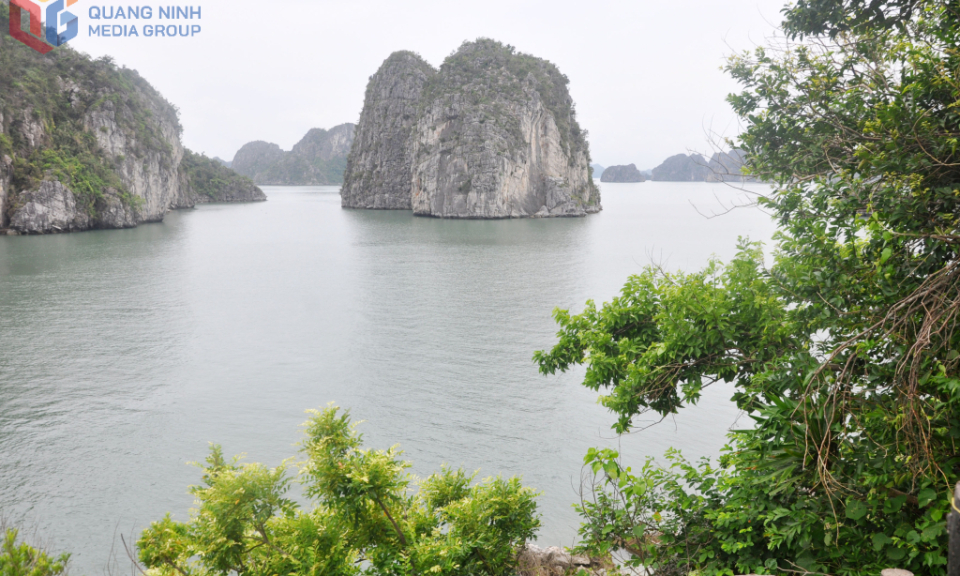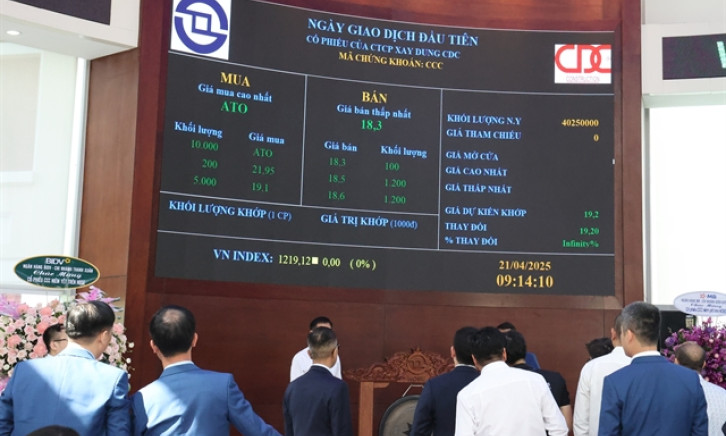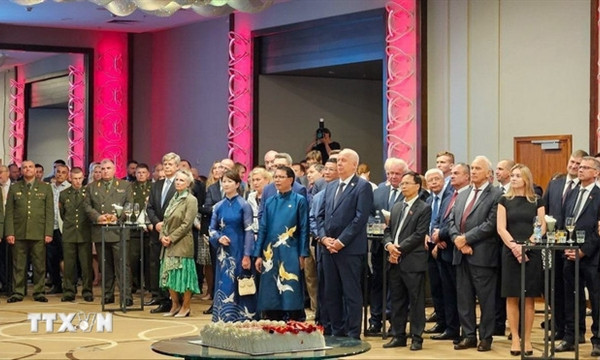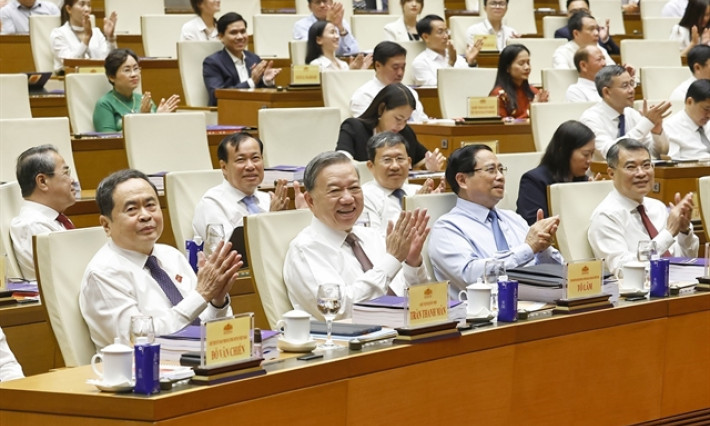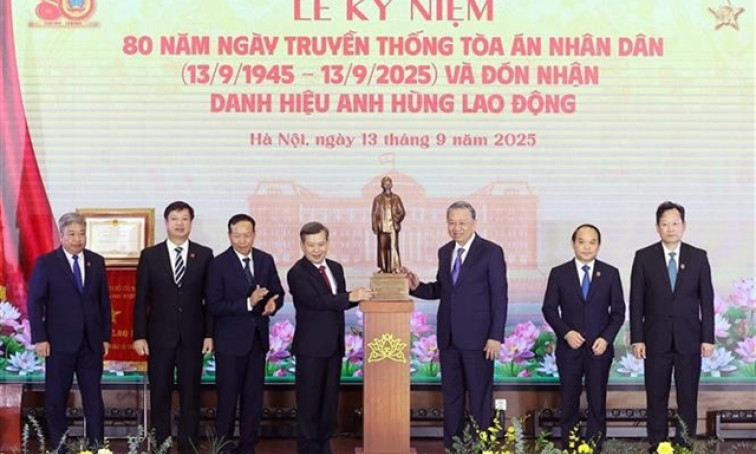SOEs to spearhead recovery and national development
State-owned enterprises (SOEs) are to spearhead the country's economic recovery post-pandemic, to modernise and play a key role in national development efforts, Prime Minister Phạm Minh Chính told government officials and SOEs' executives during an online conference yesterday. 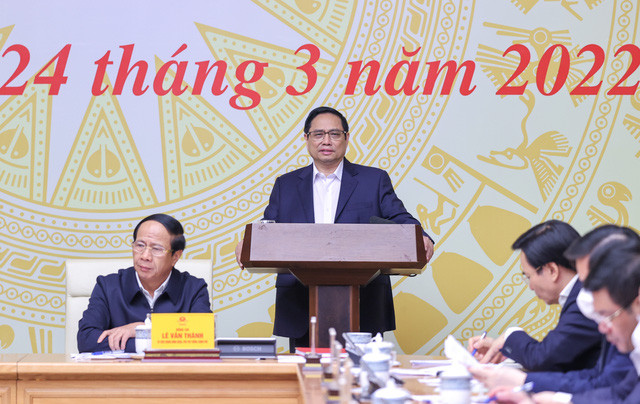
"SOEs hold key resources and are important economic drivers in Việt Nam's socio-economic development strategy," said the PM.
The government leader said Việt Nam's SOEs have grown by leaps and bounds in the last three decades of economic reform to form key pillars of the economy, especially during the pandemic.
He said priorities for SOEs in the near future are to identify limitations and shortcomings of current policies that hinder business performance. He said each and every SOE must find their way to initiate reform, address ongoing issues and find solutions.
Chính said many SOEs have not been able to fully realise their potential as well as make the most out of the resources at their disposal. He urged SOEs' executives to find ways to improve business performance, to assist the local economy and to stay focused on their key industries.
He said SOEs must pay more attention to the quality of human resources and the role played by central government agencies in charge of managing the State's shares.
Regarding the process of equitisation and reducing State capital in SOEs, he asked for a comprehensive study of ongoing problems including land-use evaluation, brand recognition and the public's reaction to said problems.
He said there have been mixed results in implementing reforms and managing SOEs' assets over the years. It's perhaps time for the government to hold executives personally responsible for weak performance, delays and failure to cooperate with governmental agencies to find solutions in a timely manner.
Chính said they should be made top priorities, especially in the face of rising geopolitical risk levels, trade tension and the unpredictable COVID-19 pandemic. More than ever, SOEs must focus on building feasible action plans to improve productivity, competitive ability, sustainability and resilience to climate change.
Speaking at the conference, minister of planning and investment Nguyễn Chí Dũng said the adoption and development of technology and innovation should be made the highest priority for Việt Nam's SOEs as well as the implementation of breakthrough policies for key sectors of the economy.
"We must introduce strong policies to unleash the economic potential of SOEs, allowing for greater contribution to national development," said Dũng.
According to a report by the Ministry of Investment and Planning, there were nearly 500 SOEs in Việt Nam with the State being either sole stakeholder or major stakeholder, of which 94 were large-sized enterprises.
While accounting for just 0.08 per cent of the economy, SOEs with the State being the sole stakeholder controlled a significant amount of available resources with up to 7 per cent of total assets and 10 per cent of the total capital of the entire economy. On average, said SOEs held more than VNĐ6 trillion in assets, roughly 18 times the size of an average foreign-invested enterprise and nearly 140 times the size of an average enterprise.
The upside is many of such SOEs have been able to take advantage of the enormous resources available to them and managed to build strong products under internationally recognised brands in key industries such as telecommunications, transport, seaport and logistics.
Many of which have been consistently producing strong business performance with average pre-tax profit growth at 4.87 per cent annually in the 2016-20 period, significantly higher than that of the private sector at 1.26 per cent. They also accounted for 28 per cent of all contributions, taxes and fees, to the State's coffer and employed nearly 700,000 workers or 7.3 per cent of all employment.
The ministry reported SOEs accounted for up to 29 per cent of the entire country's GDP in 2020. SOEs were holding onto a dominant share in major up-and-coming markets such as energy, telecommunications and banking.

